- Home
Page 4
Page 4
 Find Her
Find Her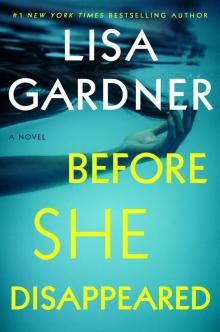 Before She Disappeared
Before She Disappeared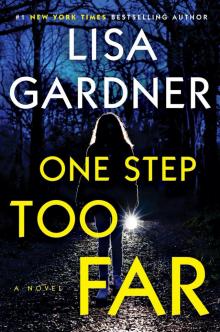 One Step Too Far
One Step Too Far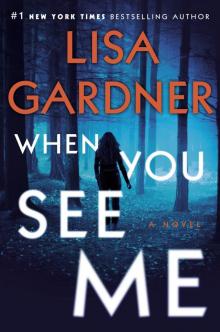 When You See Me
When You See Me Never Tell
Never Tell Touch & Go
Touch & Go The Survivors Club
The Survivors Club MacNamara's Woman
MacNamara's Woman Love You More: A Novel
Love You More: A Novel Gone
Gone The Perfect Husband
The Perfect Husband Maggie's Man: A Family Secrets
Maggie's Man: A Family Secrets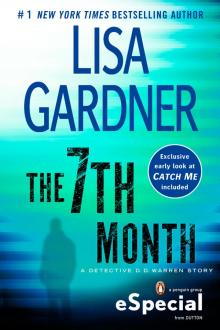 The 7th Month
The 7th Month The Neighbor
The Neighbor Hide
Hide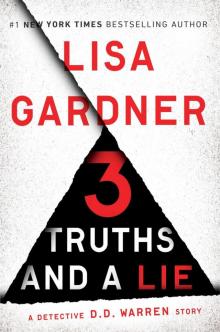 3 Truths and a Lie
3 Truths and a Lie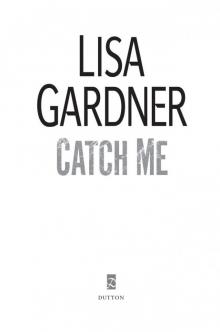 Catch Me
Catch Me Fear Nothing: A Detective
Fear Nothing: A Detective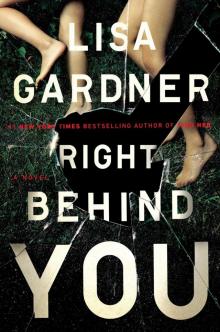 Right Behind You
Right Behind You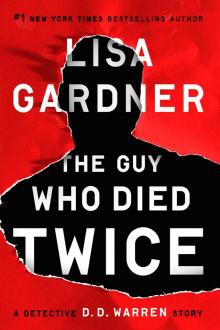 The Guy Who Died Twice
The Guy Who Died Twice Live to Tell: A Detective D.D. Warren Novel
Live to Tell: A Detective D.D. Warren Novel Live to Tell
Live to Tell Maggie's Man: A Family Secrets Novel
Maggie's Man: A Family Secrets Novel The Other Daughter
The Other Daughter Alone
Alone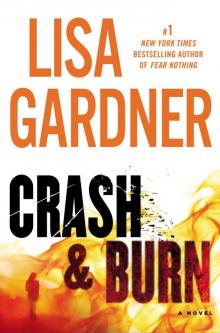 Crash & Burn
Crash & Burn The Detective D. D. Warren Series 5-Book Bundle
The Detective D. D. Warren Series 5-Book Bundle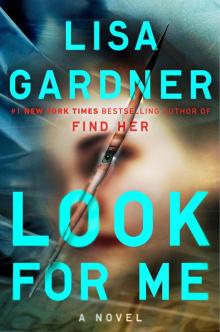 Look for Me
Look for Me Love You More
Love You More The FBI Profiler Series 6-Book Bundle
The FBI Profiler Series 6-Book Bundle The Third Victim (Quincy / Rainie)
The Third Victim (Quincy / Rainie) Say Goodbye
Say Goodbye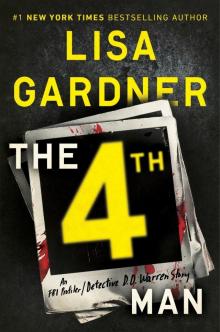 The 4th Man
The 4th Man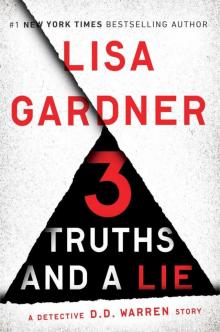 3 Truths and a Lie: A Detective D. D. Warren Story (Kindle Single)
3 Truths and a Lie: A Detective D. D. Warren Story (Kindle Single) Brandon's Bride
Brandon's Bride